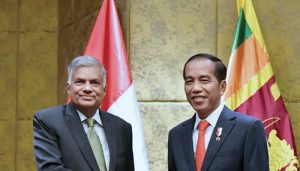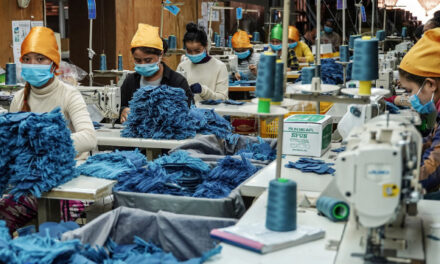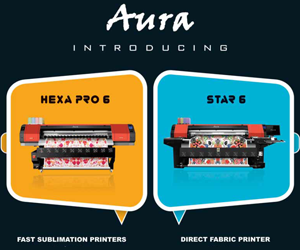
The Governments of Indonesia and Sri Lanka are committed to following up the agreement on the trade sector, including the clothing export to the European Union. “The joint effort of apparel export to the European Commission will open access to the European Union market. We must continue our intensive approach so that the proposal can be accepted by the European Union,” President Joko Widodo said.
Based on the Industry Ministry’s “Making Indonesia 4.0” program, textile industry and products (TPT) is one of the five manufacturing sectors whose the development is being prioritized as pioneers in the roadmap for the application of the fourth industrial revolution.
This is because the national textile industry has high competitiveness since its manufacturing structure has been integrated from upstream to downstream and its products are also known to have good quality in the international market.
The Ministry noted that 30 per cent of ready-to-wear garments from the national textile industry are to meet the needs of the domestic market, while 70 per cent is for export. The export value reached $12,58bn in 2017; a 6 per cent increase compared to the previous year. This sector also contributes to Rp150,43tr GDP in 2017. Besides garment export, the Indonesian government also offers cooperation in building railroad facilities and infrastructure in Sri Lanka. “It is not only to sell wagons, but also to offer the making of signaling systems, rails, depots and even stations,” said Minister of Industry Airlangga Hartarto.














